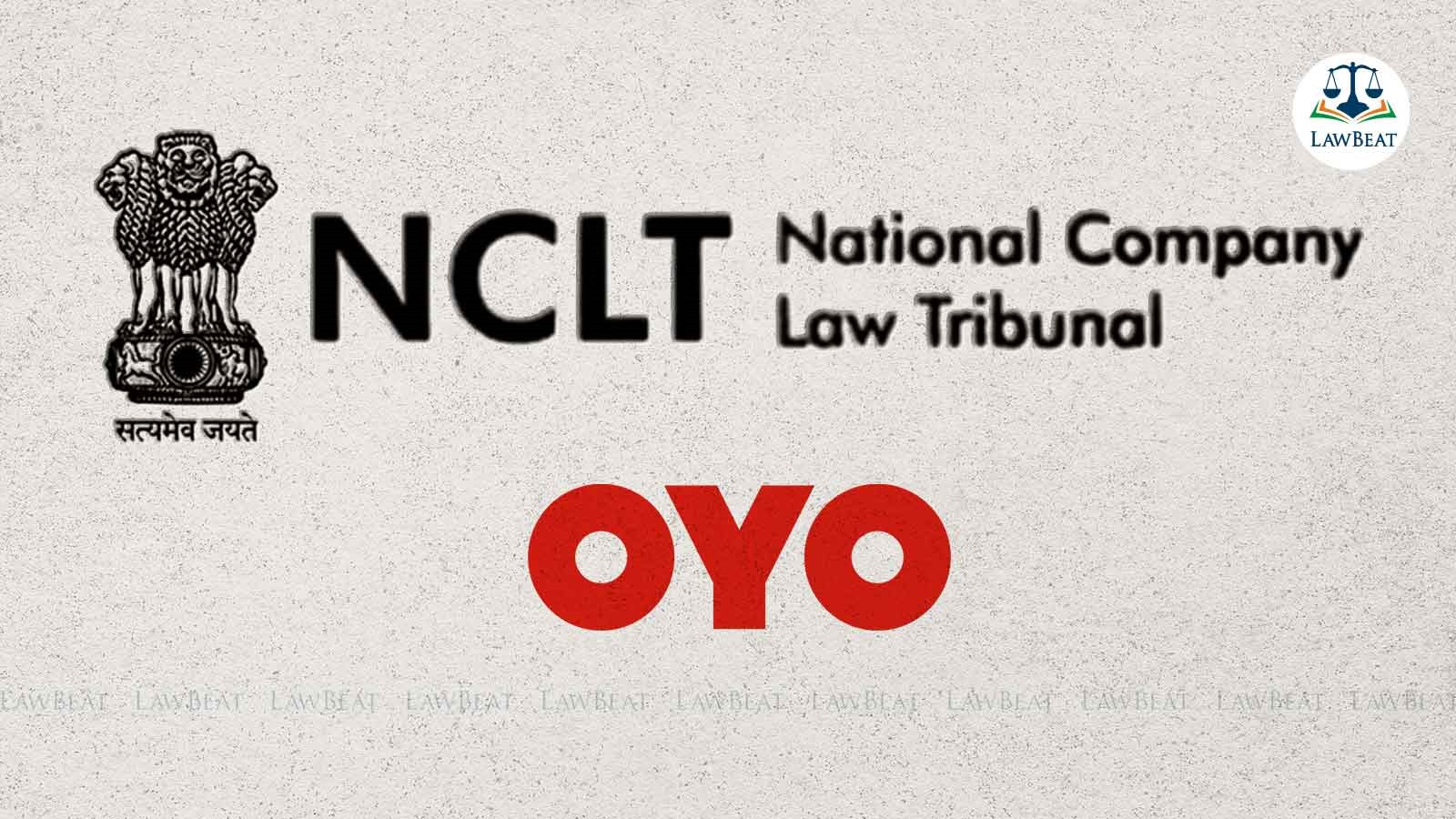IBC| NCLT Rejects Section 9 Application Seeking Initiation of CIRP Against Oyo

The NCLT was hearing a section 9 application filed by an operational creditor who claimed that Oyo Hotels and Homes Private Limited had defaulted, with an amount totalling Rs. 1,83,60,100.01 ((Principal outstanding of Rs.1,33,04,179 plus interest at the rate of 18% amounting to Rs.22,55,227.40 plus GST of Rs.28,00,693.22)
The National Company Law Tribunal Ahmedabad has rejected an application seeking initiation of the corporate insolvency resolution process against Indian multinational hospitality chain Oyo Hotels and Pvt. Ltd.
The NCLT bench of Ahmedabad Judicial Member Chitra Hankare and Technical Member Dr. Velamur G. Venkata Chalapathy was hearing a section 9 application filed by an operational creditor who claimed that Oyo Hotels and Homes Private Limited had defaulted, with an amount totalling Rs. 1,83,60,100.01 ((Principal outstanding of Rs.1,33,04,179 plus interest at the rate of 18% amounting to Rs.22,55,227.40 plus GST of Rs.28,00,693.22)
The creditor, who owned a hotel, argued that there was a lock-in period of three years as per the terms and conditions of the agreement, starting from September 1, 2019, until August 31, 2022. However, the debtor stopped payment of the rent after March 2020.
The applicant stated that there was an addendum signed on July 17, 2020, for rent, which was waived for the period from March 25, 2020, to June 8, 2020, and subsequently, from December 2020, the rent became due and payable. On non-payment, a demand notice was issued by the applicant on August 30, 2022, in terms of Rule 5 of IBC for an amount of Rs. 1,83,60,100.01.
The debtor contended that on March 27, 2020, he had unequivocally invoked the Force Majeure Clause in the lease deed by giving notice of Force Majeure/Unforeseeable event. From the period of June 10, 2020, to July 4, 2020, the parties exchanged various emails and engaged in negotiations for revising the terms and conditions.
Subsequently, the parties entered into an Addendum to Lease Deed dated July 25, 2019. In their email dated December 2, 2020, the corporate debtor discussed various points, including the COVID-19 situation and their intention to vacate the office at Noida.
The applicant backed out of the proposed Mutual Termination and Settlement Agreement by sending an email on December 29, 2020.
The termination notice dated January 6, 2021, was served by M/s Oravel Hotels (demerged company to OYO Hotels Ltd - respondent), clearly stating that due to the COVID-19 pandemic situation, OYO was unable to use and utilize the said premises, and on that account, it was exercising its right to terminate the lease deed.
The applicant, via an email dated January 18, 2021, replied to the above-stated notice, stating that the Termination Notice issued by the Respondent is invalid and further expressing its intention to initiate arbitration proceedings.
On January 25, 2021, the applicant issued a notice to the corporate debtor under section 21 of The Arbitration and Conciliation Act, 1996, invoking the arbitration clause of the Lease Deed.
The corporate debtor, in their letter dated September 12, 2022, in reply to the Demand Notice dated August 30, 2022, by the applicant, stated that the lease agreement executed between the predecessor of the CD (Oravel Stays Pvt Ltd) can never be said to be an operational debt, as the claim is like damages for termination of the stated lease agreement.
While referring to a NCLAT order the NCLT said that arbitration proceedings and IBC proceedings cannot be conducted simultaneously.
Therefore, the tribunal rejected the application while noting that the operational creditor had already initiated a separate recourse.
“The contention of the applicant that a right to claim the disputed amount due for the remaining lock-in period is not sustainable, in view of the termination of the lease agreement which was exercised by invoking the inbuilt clause by corporate debtor for which a separate recourse has already been initiated by the applicant,” the order states.
Case title: MindMill Software Limited vs Oyo Hotels & Homes Pvt. Ltd.
